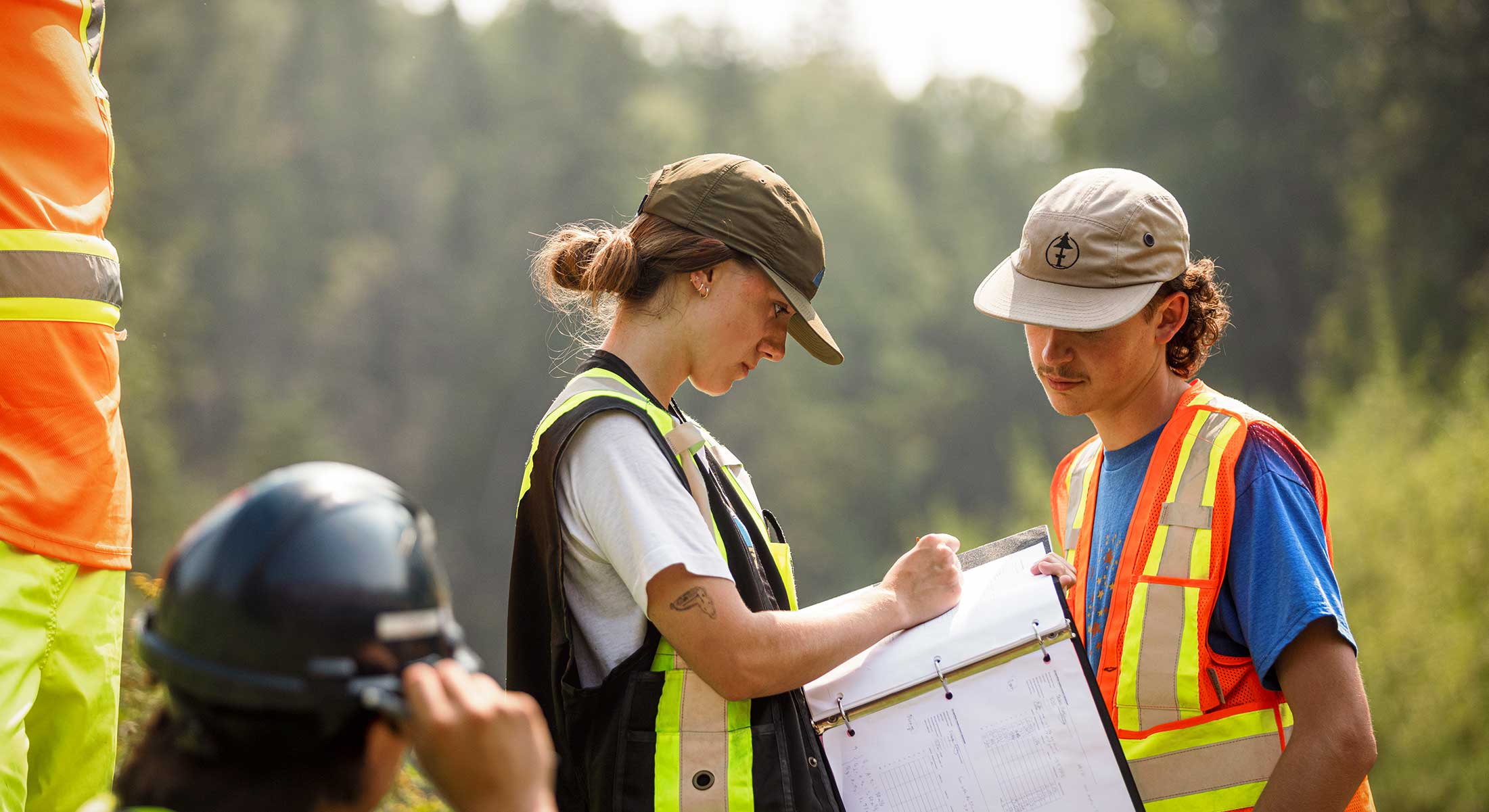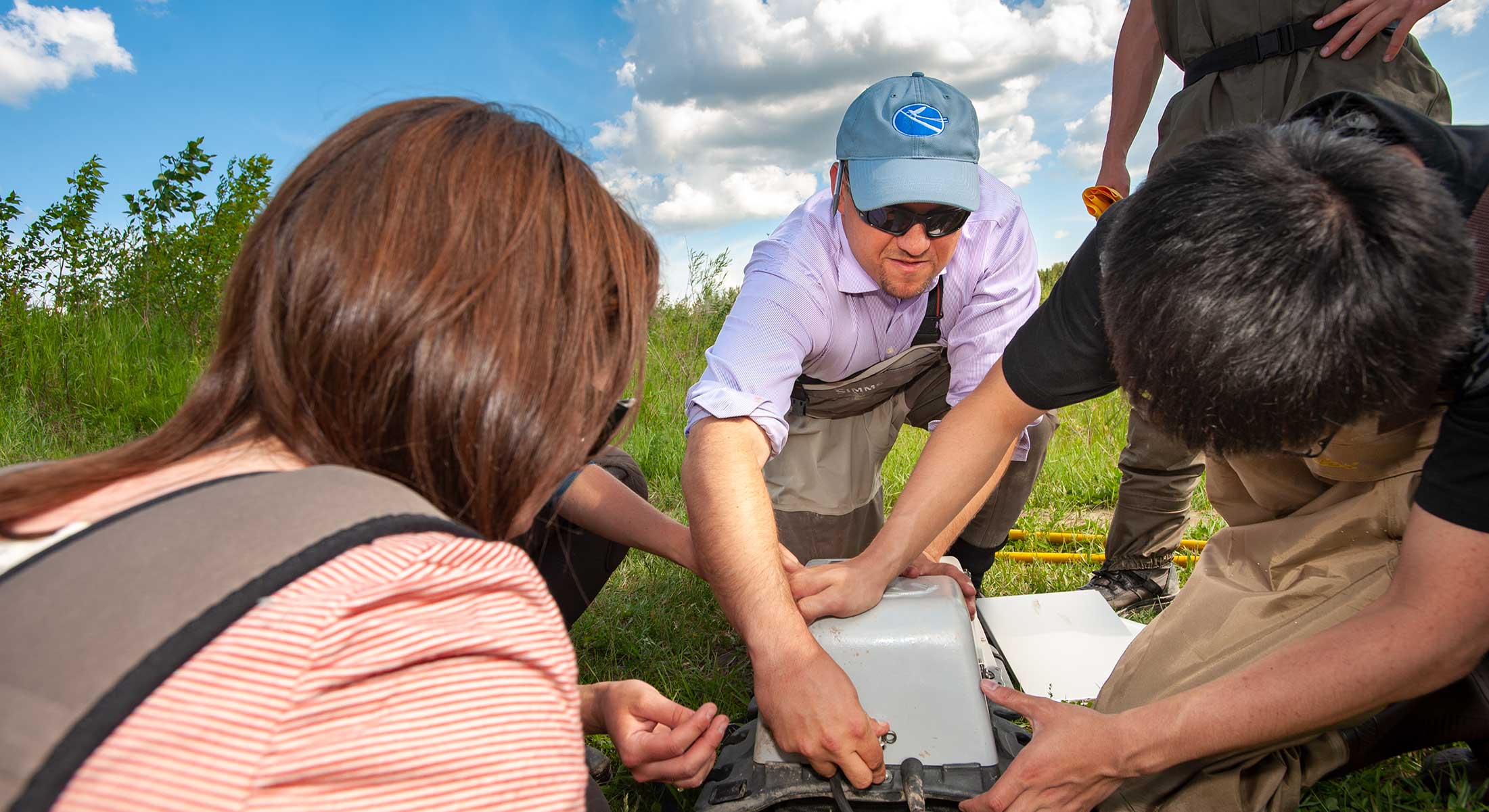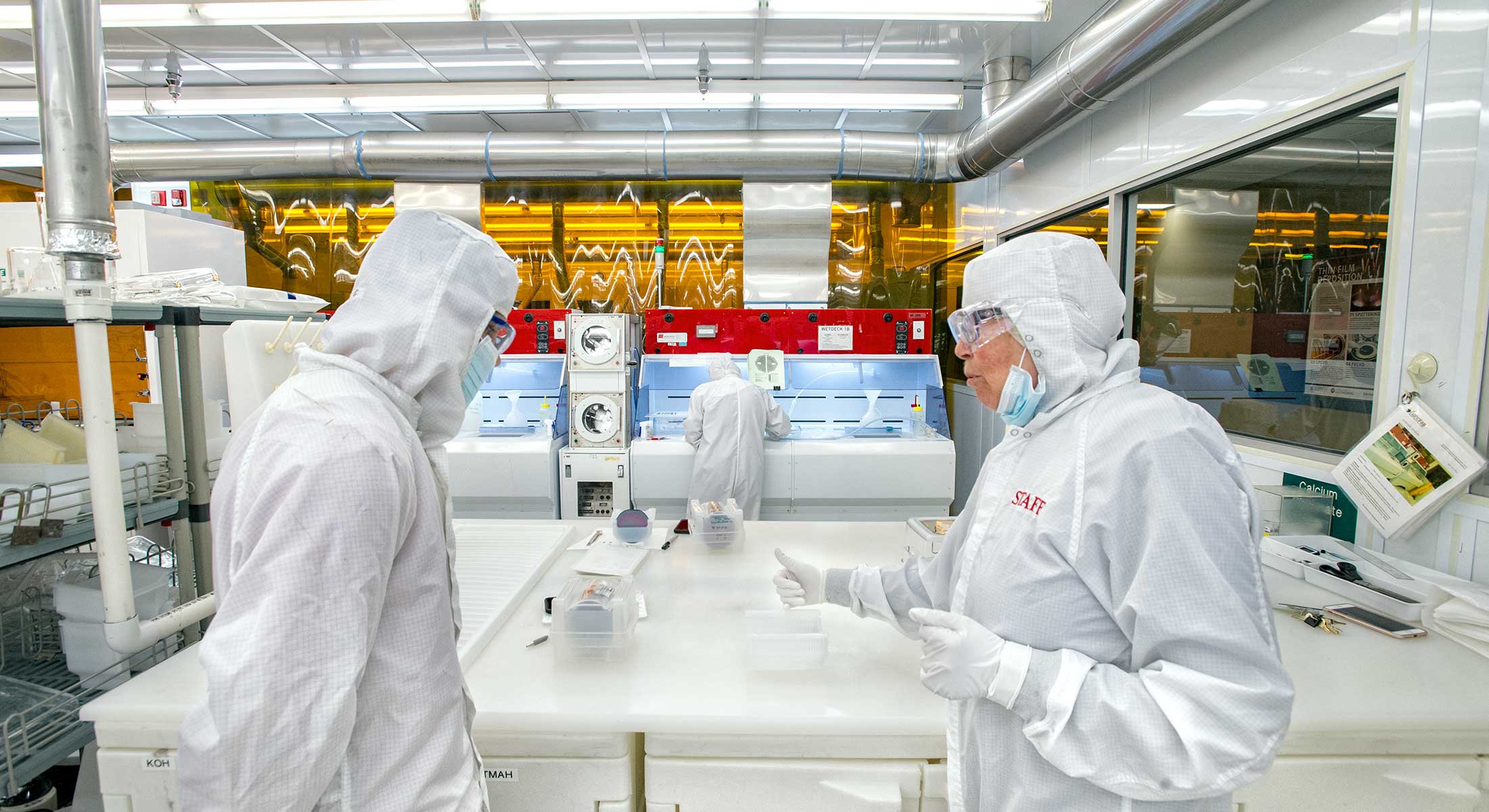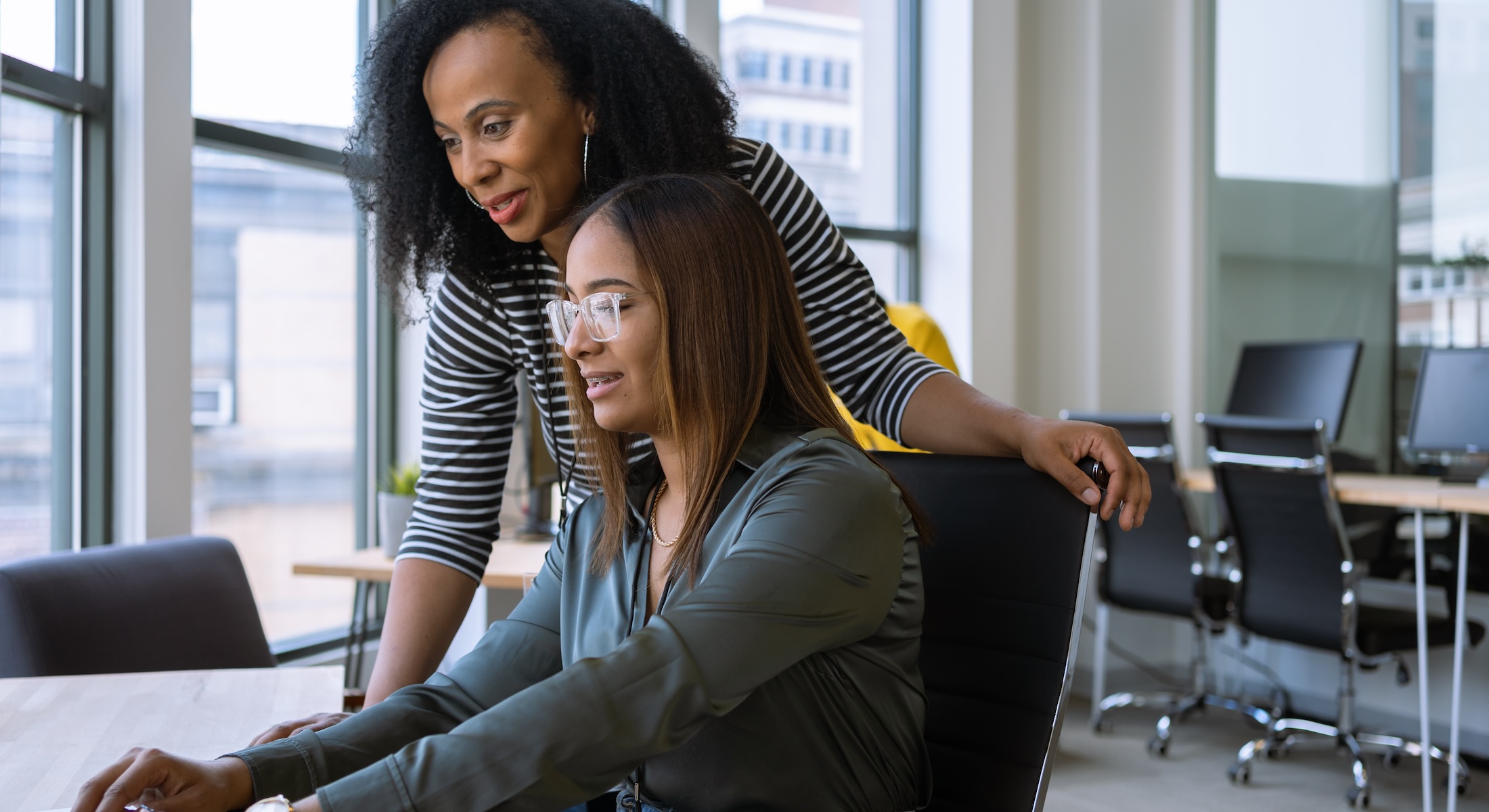Experiential Learning
Learning by doing
At the University of Alberta, we believe that experiential learning offers diverse opportunities for students to engage with purpose, both inside and outside of the classroom. We encourage you to explore our experiential learning hub to learn how you can get involved!
EXPLORING Experiential Learning
The University of Alberta’s Experiential Learning Hub exists to support students, faculty, staff and external partners as they engage in learning experiences within the classroom and beyond. Regardless of your connection to the campus community, the purpose of Experiential Learning Hub is to connect you with appropriate resources to facilitate a positive learning or teaching experience or campus partnership.
Experiential learning can occur inside or outside of the classroom and empowers students to experiment, investigate, problem solve, collaborate, create, and construct meaning. Experiential learning refers to learning-by-doing, where students are involved, active and engaged in the learning process. Through active participation and meaningful reflection, experiential learning offers crucial opportunities for students to engage with issues, scenarios, and people that are relevant to their field of study, future career paths and/or personal interests. Explore the different experiential learning opportunities to find out how you can get involved - as a student, faculty/staff member or partner!
The Benefits of Experiential Learning
- Allows learners to apply theoretical knowledge in practical, hands-on contexts.
- Allows learners to engage directly with challenges, tasks and experiences that can deepen their comprehension and retention of a subject.
- Helps learners develop skills such as problem-solving, teamwork, adaptability and communication.
- Contributes to personal growth by helping learners build confidence, cultivate curiosity and improve self-awareness.
- Helps to strengthen connections between the learner and their community and allows learners to establish a sense of belonging and civic responsibility.
- Equips learners with competencies and skills required for their careers, ultimately enhancing employability.
Learning Types
Experiential learning can be conceived of in many different ways, with a variety of offerings available on and off campus, inside and outside of the classroom. The definitions of different types of experiential learning are not mutually exclusive, but to help understand the available opportunities, they have been categorized into the following learning types:
Explore experiential Learning at the U of A
The Experiential Learning search tool helps you find opportunities that support your academic journey.

Students
Experiential learning is a dynamic process of learning through active engagement, where you can be immersed in hands-on experiences that aim to elevate your education. These experiences exist both inside and outside of the traditional classroom setting.

Faculty + Staff
As an instructor or staff at the University of Alberta, you can help facilitate experiential learning opportunities. Experiential learning can be incorporated into course curriculum to include hands-on, practical experiences, supported by reflection. Faculty and staff can also help students find opportunities to merge their academic knowledge with real-world experiences beyond the classroom, such as in communities or workplaces.

External Partners
Whether you are a community, industry, or research partner, there are several opportunities for University of Alberta students to engage with, learn from, and contribute to your organization.

Experiential Learning With Care
The University of Alberta’s culture of care extends to the learning journey, both on campus and off campus, wherever the learning experience takes place. Safety in all forms -- physical, psychological and cultural -- is a shared responsibility among Students, Faculty/Staff and External Partners. Whether you are a student seeking to engage in an opportunity, a staff/faculty member supporting students in their learning or an external partner interested in establishing an opportunity, there are resources and supports available to help ensure that experiential learning happens in safe and non-discriminatory environments.
Refer to the Student, Staff/Faculty or External Partner pages to learn more.